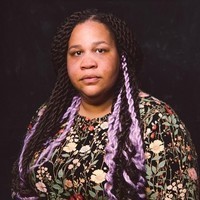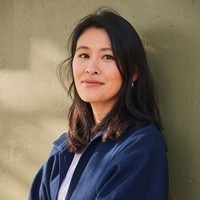Audie Cornish is a journalist and the former host of NPR’s All Things Considered. Her new CNN Audio podcast is The Assignment.
“I think there is journalism inherent in an interview. Like the interview itself should be considered a piece of journalism. It isn't always. Sometimes the vibe is that it’s a little window dressing or that it's personality driven and I don't subscribe to that. I think that it has its own journalism. It's my journalism.”






